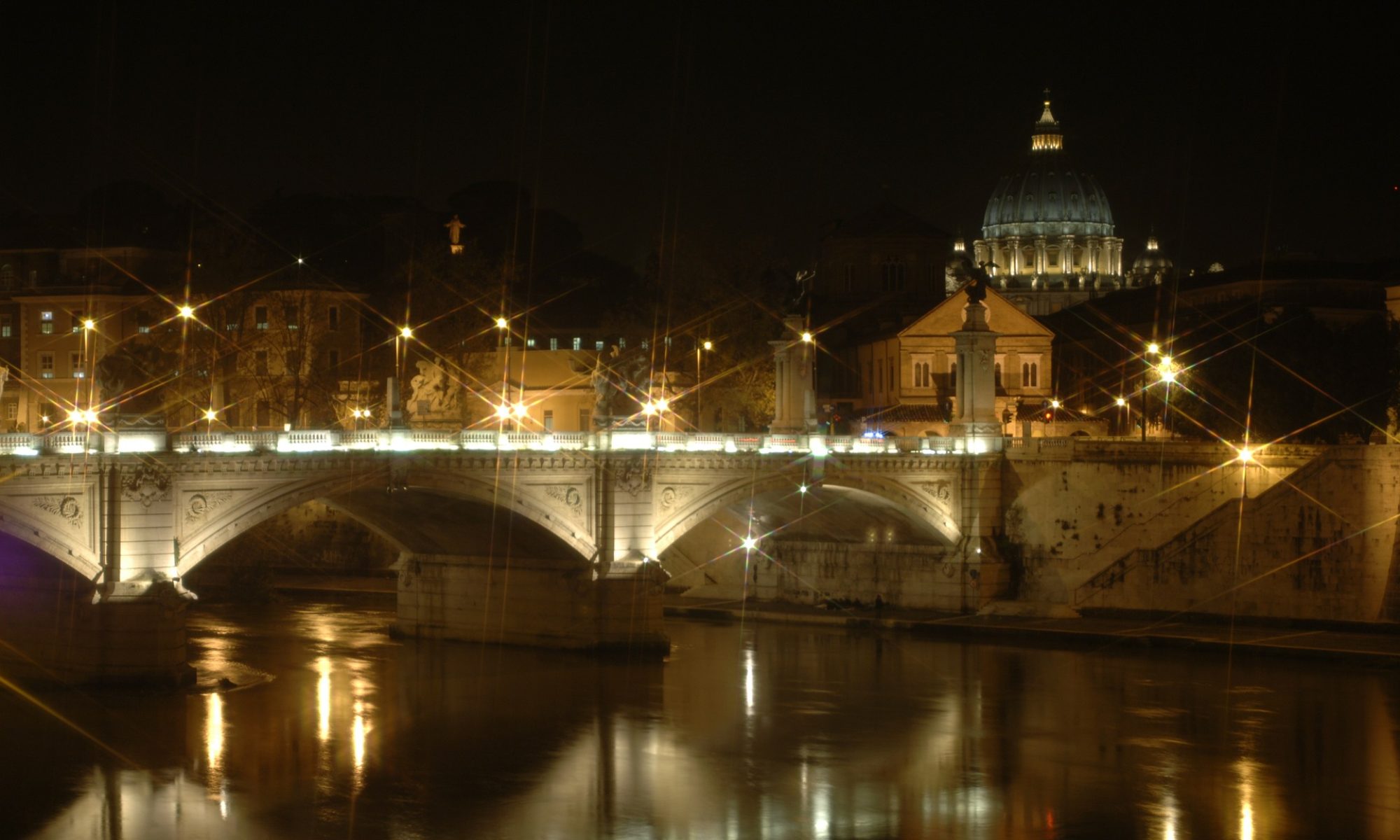
216. Thomas Aquinas, the Evangelical? - Vatican Files
Until a few years ago, precisely because of his close identification with Roman Catholicism, few would have dreamed of seeing Thomas associated with a "Protestant" sensibility.
Follow along with the video below to see how to install our site as a web app on your home screen.
Note: This feature may not be available in some browsers.

We're due for another good Thomas thread.
Aquinas may very well be the most mentioned Thomas on PB: behind Manton, Goodwinn, Watson and Boston.We're due for another good Thomas thread.
And we know how that played out...Aquinas is not my favorite theologian, but he's my favorite Romanist theologian.
That's like when they let you on the Jedi council, but don't grant you the rank of "master."
With a series of quality films?And we know how that played out...
I can make it work... Off the top of my head:With a series of quality films?
And this would be an interesting "What if" to hear argued: "...Scott Oliphint answers, “perhaps”,[12] when asked if Thomas would have joined the Reformation had he lived 250 later."‘They did not reject him as a hopelessly compromised theologian (the anti-Thomas temptation), nor elevate him as the chief parameter of Christian orthodoxy (the Roman Catholic temptation), but treated Thomas as an unavoidable conversation partner in the history of Christian thought to be read critically and generously in light of the Scripture Alone principle that the Protestant Reformation recovered for the whole church.’
This is gold…
behind Manton, Goodwinn, Watson and Boston.
I am not sure this is still true. Hahaha
I think most of us would agree that the five points are not anything close to sufficient for defining Reformed theology.“If the ‘five points’ are sufficient to define a Calvinist, Thomas Aquinas comes pretty close.”
Horton - For Calvinism
Page 28
Just gonna drop that right there
Of courseI think most of us would agree that the five points are not anything close to sufficient for defining Reformed theology.
I can make it work... Off the top of my head:
Aquinas as a young but brillant rower(?) of some sort in the Reforming Menance.
An impressionable monk in Attack of the Franciscans.
A seasoned but two faced monk in the Revenge of the Waldensians.
quinas provided the theological justification for taking up the sword against "heretics" who rejected the authority of the Roman Catholic Church, even though a good case can be made that some of the "heretics" were far closer to Aquinas in theology than Aquinas himself was to what the Roman Catholic Church was quickly becoming as Aquinas' successors rejected the teachings of Peter Waldo, Jan Hus, and other reformers before the Reformation.
In historical context Augustine's support of using "force" against the Donatists was very heavily qualified. It is often claimed that he advocated and even originated the death penalty for religious offenses, which is patently untrue. I shared some of his writings on such matters in a previous thread.
I know. I do not believe Augustine advocated the death penalty against the Donatists, but only that he believed the state should prosecute them.